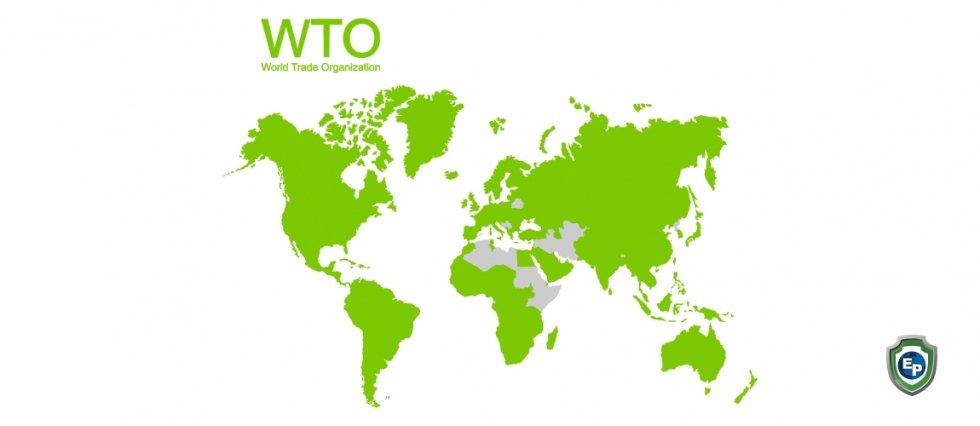The GATT: What it Was and Why it Matters
What is the history behind the General Agreement on Tariffs and Trade (GATT)? Is it effective? How has it changed the trading world? Take a look at our blog to find out.

What was international trade like before the World Trade Organization (WTO) came into existence in 1995? Were all trade deals merely bilateral? Were tariffs sky-high among numerous nations? The answer is no, thanks to the General Agreement on Tariffs and Trade (GATT), a predecessor of the WTO.
The History Behind GATT
GATT rose from the ashes of the similar, failed idea of the International Trade Organization (ITO). It was signed in October 1947 by 23 nations, and the original GATT text is still in effect as part of the WTO framework and resonates to this day. The GATT sought to encourage trade by eliminating barriers to it, namely tariffs and quotas. The initial agreement involved 45,000 tariff concessions, affecting $10 billion worth of trade.
For post-war Europe and the West, this agreement could be seen as a commitment to the principles of capitalism in opposition to the growing communism stemmed by the Soviet Union and Eastern Bloc countries. In fact, the GATT was replaced by the WTO shortly after the end of the Cold War in the mid-1990s, bolstering this view. However, the GATT could also have been a separate entity, merely working towards boosting interconnectivity, mercantilism, and globalization.

The Effectiveness of GATT
So, was it effective? Well, the average tariff levels of major GATT countries were about 22% in 1947. However, by 1999, shortly after the WTO came into effect, those levels were down to 5%. Did this reduction of tariffs increase international trade? Yes, probably, since tariffs decreased and trading increased during the second half of the 20th century. But many variables can affect trade deals, and that’s a major reason why the GATT countries transitioned to the WTO, thinking that a permanent governing body dedicated to facilitating trade would be more effective than an agreement focusing merely on tariffs and quotas. Although the GATT forced countries to give up some level of autonomy, there were still several benefits like an increase in the interconnection between economies, a decrease in the risk of war, and strengthened communication.
Export Portal is Here to Help!
If you have any questions about international trade or are just looking to build some connections with trade experts, make sure to check out our site!






Comments 0